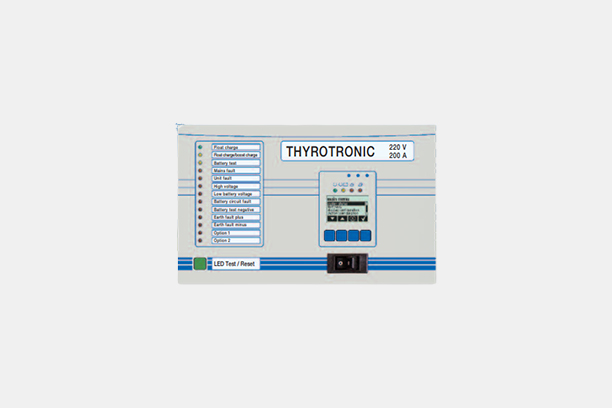Transformers are high capital cost assets in electrical power systems. Elimination of all electrical and mechanical stresses, although desirable to preserve transformer life, is impractical. Adaptive techniques to measure and alarm (or trip) in such instances and advise on cumulative service duty can help to schedule preventive maintenance ? before a costly failure occurs.
Internal faults are a risk for all transformers, with short-circuits dissipating the highest localised energy. Unless cleared quickly, the possibility to rewind windings reduces and core damage may become irreparable.
The MiCOM Alstom P642, P643 and P645 address all these issues - preserving service life and offering fast protection for transformer faults. A transient bias technique has been included, enhancing relay stability and CT requirements.
Hosted on an advanced IED platform, the P64x incorporate differential, REF, thermal, and overfluxing protection, plus backup protection for uncleared external faults. Model variants cover two and three-winding transformers (including auto-transformers), with up to five sets of 3-phase CT inputs.
Basic description:
• Comprehensive protection for 2 or 3 winding transformers, with dual breaker feeding on up to two sides
• High and low impedance restricted earth fault (REF) boosts trip sensitivity
• Fast reset (less than 1 cycle) circuit breaker failure elements
• Integral asset management capability: transformer thermal overload (IEEE Standard C57.91), loss of life (LOL) and through fault monitoring
Key customer benefits:
• Backup and logging of through faults
• Simple settings ? wizard requires only nameplate data
• Integrated backup overcurrent per winding or CT input - optional directionalising when relay fitted with a 3-phase VT
• Ordering the 3-phase VT permits full monitoring and measurement of power and energy quantities
Main characteristics:
• Current loop analogue inputs [CLIO] and analogue outputs [RTD] for remote monitoring
• Optional single or dual redundant Ethernet available for IEC 61850 or DNP3
• Transient biasing reduces CT knee point dimensioning by typically 25% compared to historical applications
Overall differentiation factors:
• High stability during external fault with heavy CT saturation due to transient bias technique
• No slow-down of differential elements due to 2nd harmonic component in fault currents (inferior relays on the market may be slowed at moderate fault levels due to false triggering of inrush detectors)
• Current transformer supervision operates with or without voltage inputs, fast enough to prevent any spurious tripping, and raise the alarm
• 10 integrated function keys, tri-colour LEDs, and graphical programmable logic permit the creation of comprehensive schemes, tailored to your needs
Models Available:
• P642 2 Winding transformer management IED
• P643 3-End transformer management IED
• P645 5-End transformer management IED


















